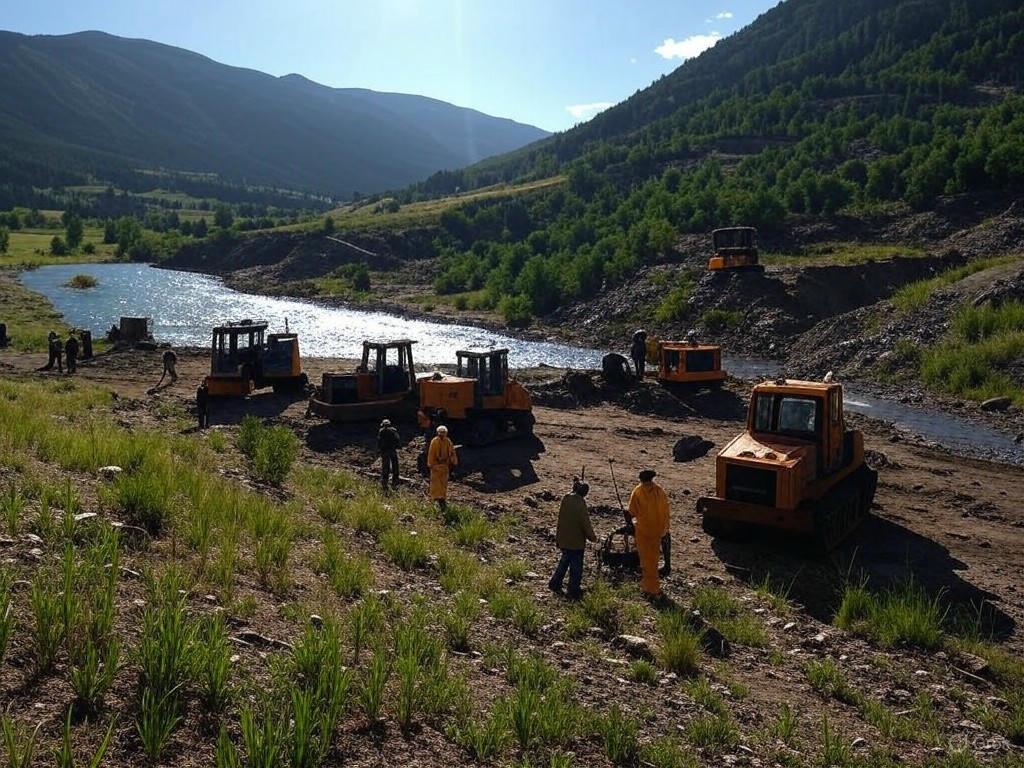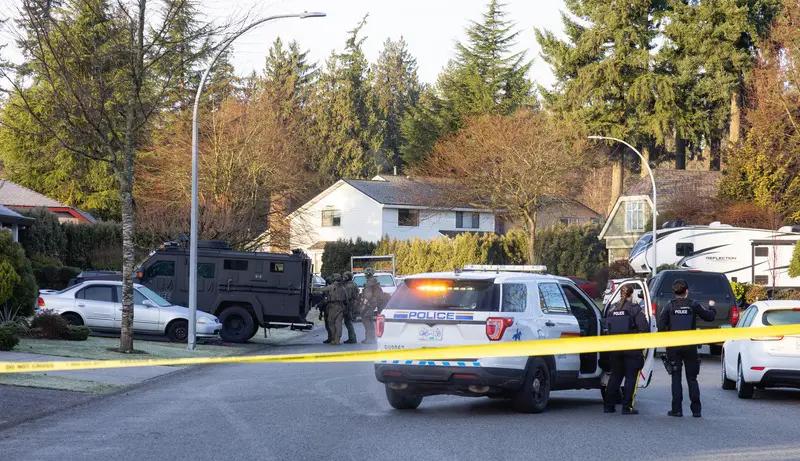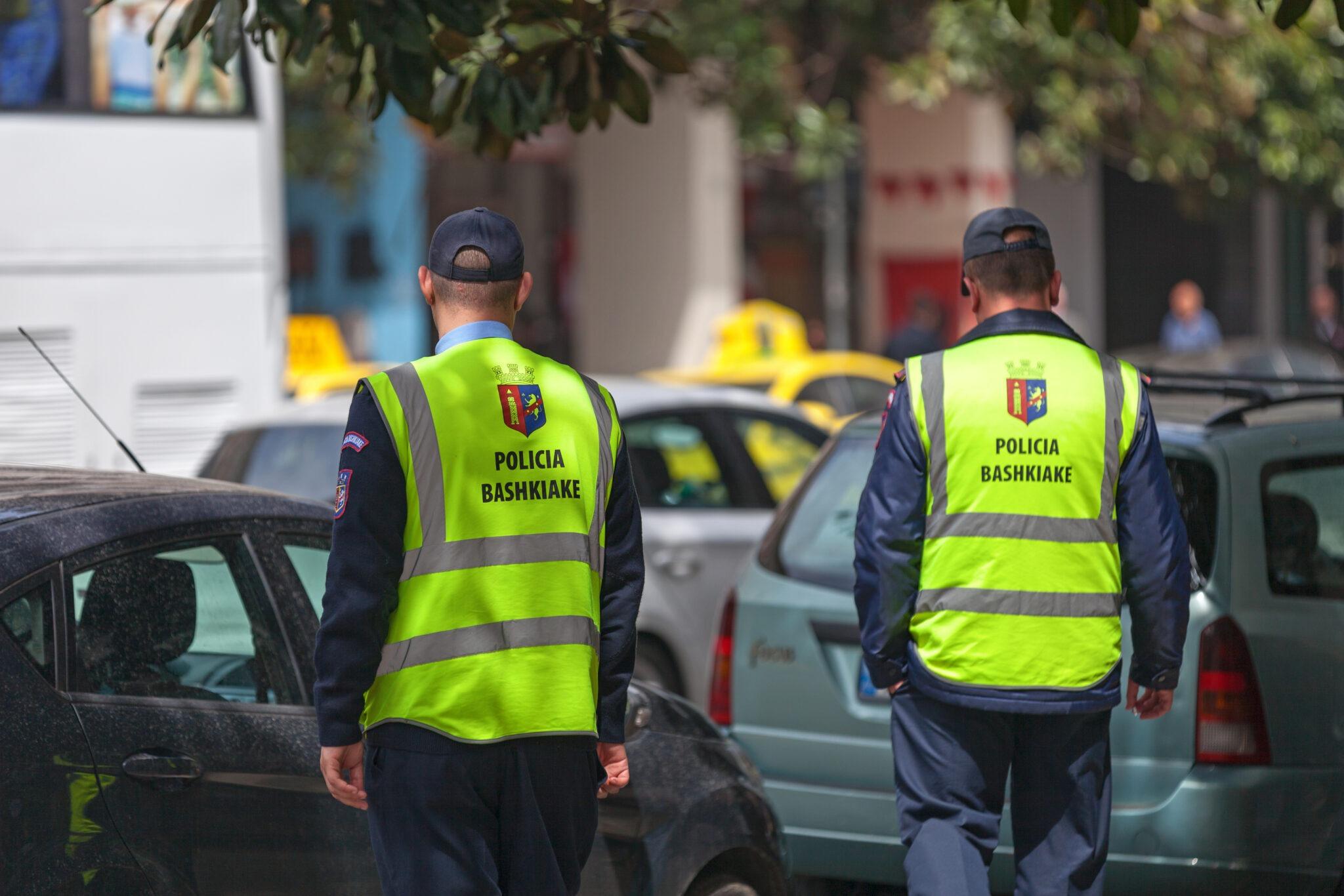Colorado has long grappled with the environmental menace of abandoned mines. Contaminated sites leach toxic substances into groundwater, harming ecosystems and communities. These mines have been a longstanding issue for the state, as they affect rivers, drinking water, and the landscape’s natural beauty. The introduction of the Good Samaritan Remediation of Abandoned Hardrock Mines Act of 2024 brings a beacon of hope and an avenue for change. This act allows third parties to undertake the cleanup of these abandoned sites without facing legal liabilities for contamination they did not cause, removing what has historically been a substantial barrier to cleanup efforts[1].
The enactment of this legislation means that communities in Colorado, places like Leadville, can benefit significantly from remediation initiatives. These efforts are possible through collaborations among environmental groups, private entities, and government agencies. This collaborative spirit nurtures shared responsibility and promotes sustainability. Local groups, who were once hesitant to engage in cleanups due to potential litigation, are now empowered to proceed. This new safety net of legal exemption ensures that cleanup entities are protected, which in turn encourages more active participation and faster remediation processes[2].
Besides addressing immediate environmental concerns, the act holds immense promise for the local economy. By revitalizing these once desolate and toxic sites, opportunities for eco-tourism arise, drawing visitors and bolstering local businesses. Moreover, successful cleanup projects can serve as blueprints for other regions facing similar challenges. Such projects exemplify how policy changes can facilitate positive, wide-ranging impacts beyond immediate environmental gains. They can generate a domino effect, catalyzing further investments and innovations in environmental solutions.
However, the path to success is not without its challenges. Long-term monitoring, funding allocation, and maintaining public engagement are necessary for the sustainability of cleanup efforts. It calls for persistent oversight and ongoing community involvement. Transparent communication remains key. Stakeholders must continue dialogues to assess the progress and adapt strategies as needed. The multiplier effect of community involvement and policy support can potentially create a sustainable cycle of remediation and recovery, setting precedents for future legislative actions nationwide.
With the Good Samaritan Act, Colorado is making strides towards a cleaner future. It underscores the importance of policy-driven action in addressing complex environmental issues. It reminds us that with the right incentives, communal dedication, and legislative support, challenging environmental hurdles can become opportunities for growth and rejuvenation.
References:
1. Good Samaritan program may deliver where mine cleanup has stalled







